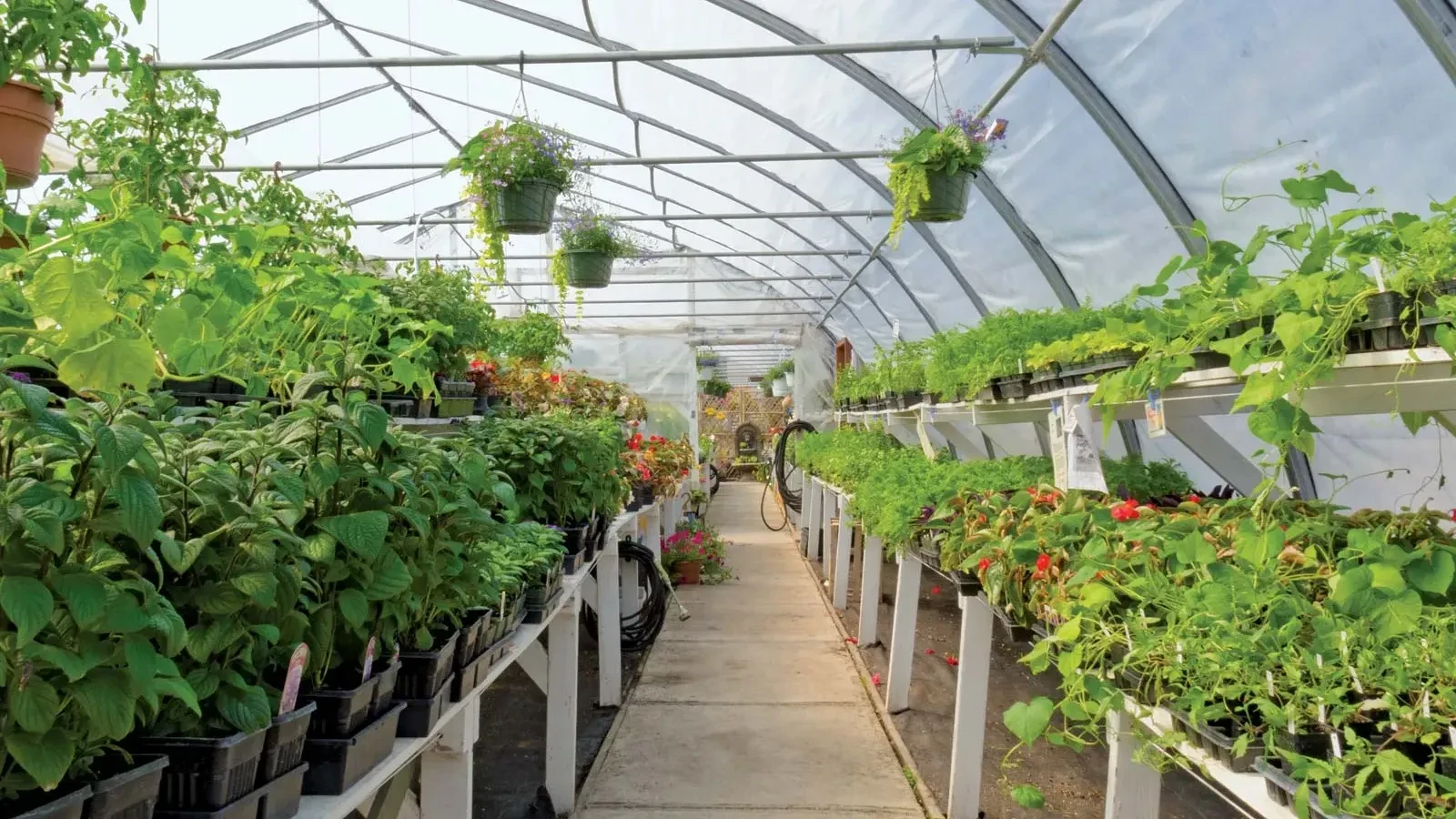Plans on a collective system of marketing vegetables, horticultural produce laudable

INITIATIVES by the government towards the setting up of a collective marketing system meant to address challenges in harvesting and selling vegetables and horticultural produce have been warmly received across the country.
An acting deputy registrar of cooperatives made this effort clear at a recent meeting with stakeholders in the horticultural value chain, seeking to provide a solution to ills in the sub-sector.
The core issue is that it faces high rates of post-harvest losses and marketing inefficiencies, where the tonality of the discussion is to rectify the marketing.
The underlying measure is that the government would promote cooperative societies for vegetables and horticultural produce, the idea being to help farmers in accessing reliable markets and collectively purchase agricultural inputs.
The matter is important enough to have pushed the formation of 113 cooperatives across 12 regions, where 76 are already registered.
Already one sees a secondary problem emerge from the first in the form of an affirmation that the goal is to ensure that farmers see the benefits of cooperatives.
What was also significant about the way the matter was raised is that it wasn’t a secluded decision at the departmental level.
Rather, the brainstorming and acceptance included its being tabled at a meeting bringing together stakeholders from public institutions, private sector actors and NGOs to discuss marketing challenges and helpful ways to support farmers.
There was a sufficiently representative range of actors or stakeholders at the meeting, and thus any spheres overlooked in relation to horticultural harvests or rather marketing will not be a problem of policy oversight but collective demands of stakeholders.
There was plenty of emphasis on the main point on whether other parameters exist in the often-disconcerting picture of the awful post-harvest destruction tally of fruits and vegetables.
The stakeholders were explicit that the biggest challenge has been finding proper markets and good enough prices, while the discussion veered to the conclusion that stronger cooperative solidarity would see farmers benefiting more.
NGO representatives could possibly have had a different idea, but the die was cast early, and so they were invited to help in the development of infrastructure and solutions to the challenges facing horticultural subsector players.
Farmers’ representatives were quite expectant as to the chances of generally benefiting from cooperative education as the formation of the cooperatives enables organising collectively instead of selling their produce individually.
Yet, there is a lingering problem as to whether the problem has been addressed exhaustively enough, as everyone knows that there are plenty of oranges in Handeni, but there is no lack of orange juice in Dar es Salaam. Believing that the way out is to rectify the marketing is likely to have gaps, even though improvements can be made with respect to oranges, onions or other produce.
Top Headlines
© 2025 IPPMEDIA.COM. ALL RIGHTS RESERVED

















